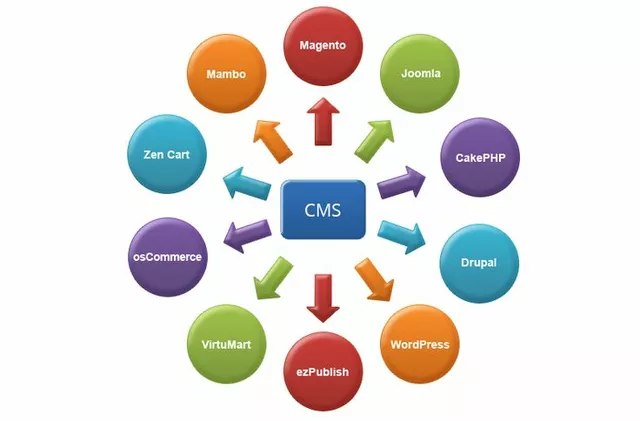Migration: Moving within India and Abroad — Practical Tips for Settling
Moving from one city or country to another is more than a change of address. Whether you’re shifting from a small town to Mumbai, or planning to settle in Italy or Nepal, migration affects work, home, and everyday life. This page gathers clear, practical advice on housing, paperwork, money and local life so you can make smarter moves.
Why do people move? Job opportunities, education, family and safety top the list. For many Indians, migration also includes short-term moves for work and long-term plans to settle abroad. Each type of move needs a different approach — a short job stint means renting; long-term settlement might mean buying a property or opening local bank accounts.
Housing & property tips
Start with a realistic budget. Factor in rent, deposit, brokerage and monthly bills. If you’re moving to a new Indian city, look for neighbourhoods close to work and basic shops. When moving abroad, research rental laws — some countries require local guarantors or extra deposits. Use simple checks when you visit a home: water pressure, electricity backups, ventilation and access to public transport.
If you plan to buy, compare property prices across nearby areas, check builder credentials and demand local legal help for title and paperwork. For NRIs or migrants abroad, explore trusted local agents who can explain property taxes, ownership rules and repatriation limits. Don’t rush a purchase; rent first if you can, to learn the area.
Practical checklist for a smooth move
Get the right documents: ID, proof of address, employment letter, bank statements and education certificates. If you move abroad, sort visas, work permits and health insurance before you book anything. Open a bank account quickly after arrival — that helps with salary, rent and bills.
Think about packing smart: carry essentials for the first week and leave bulky items until you’re sure about your new home size. For international moves, declare valuables and check customs rules. Learn a few local phrases if you’re going to a non-English country; simple words for food, directions and emergencies help a lot.
Build a local support network. Join community groups, local expat pages or community centres to find tips on schools, doctors and grocery stores that sell familiar items. For emotional well-being, keep in touch with family back home and set small goals like exploring your neighbourhood every weekend.
Money matters: set up an emergency fund equal to at least two months of living costs. Track living expenses for the first three months to see where you can save. For cross-border moves, understand currency exchange, remittance fees and tax rules in both countries.
Migration changes life, but small steps make it manageable. Focus on housing choices, required documents and local connections first. Move with a checklist, a budget and a plan to learn the place — you’ll settle faster and avoid common mistakes.
If you want local property tips or migration guides, bookmark this page and check individual posts for city-specific housing and legal updates regularly updated.

Should I stay in India or migrate to the USA?
Struggling to decide whether to stay in India or migrate to the USA? Weighing up the pros and cons of each nation can help you make the decision. India is home to a rich culture and history, with a diverse population, vibrant cities, and beautiful landscapes. Meanwhile, the USA offers world-class education, a variety of career opportunities, and a high quality of life. Ultimately, it is up to you to decide which country best suits your needs and lifestyle. Consider the advantages and disadvantages of each and make an informed decision. With a bit of research, you can make the right choice for you and your future.
Immigration Advice



